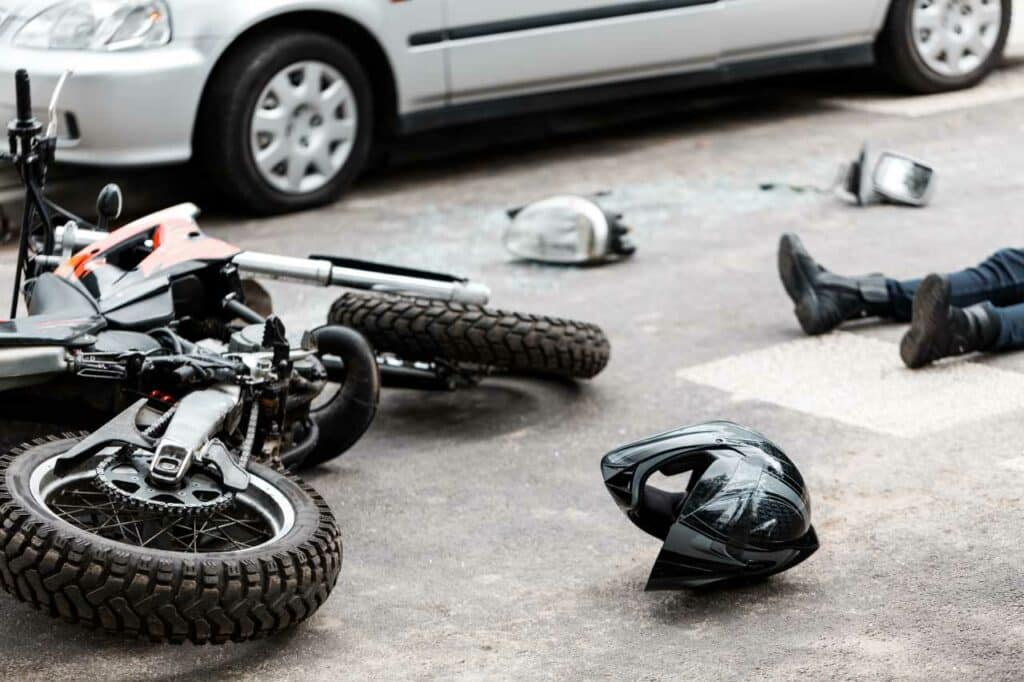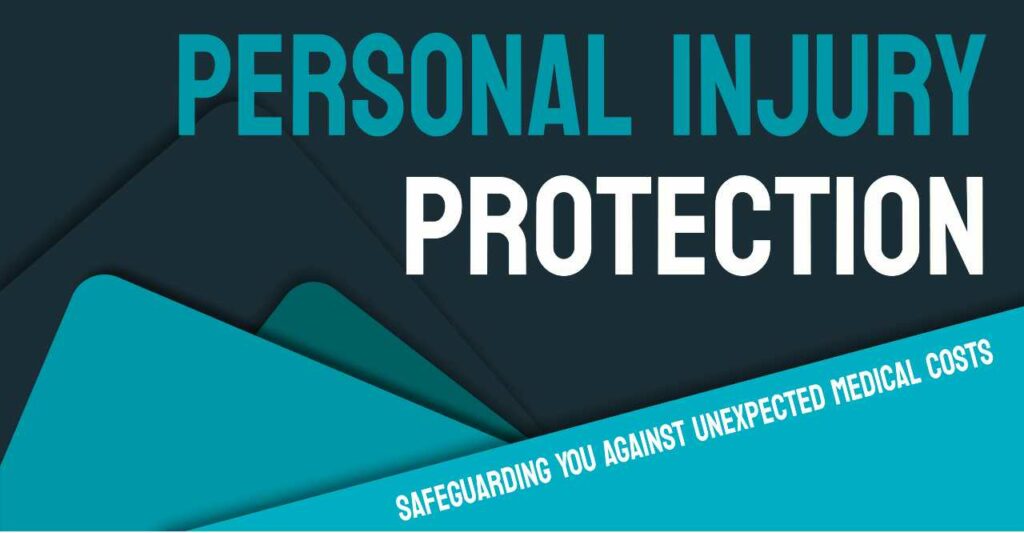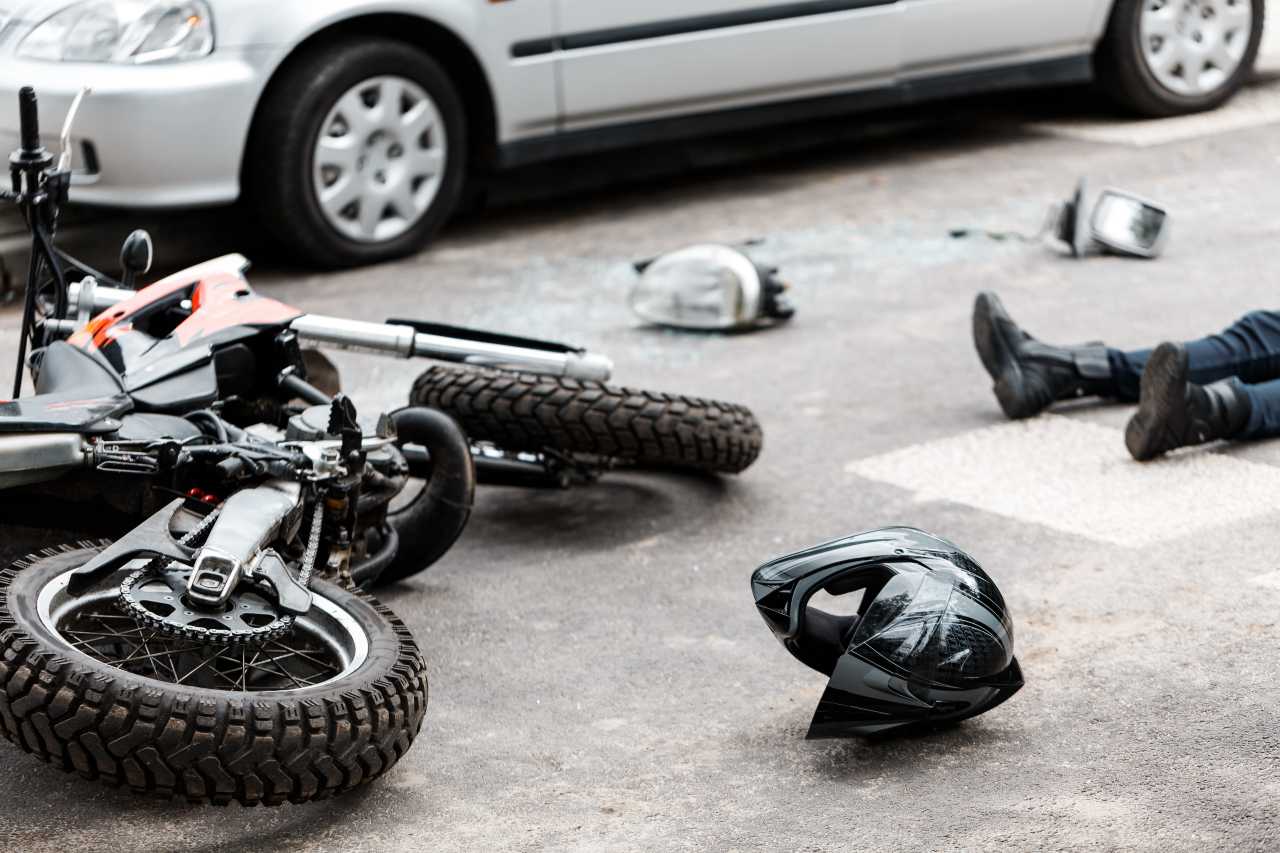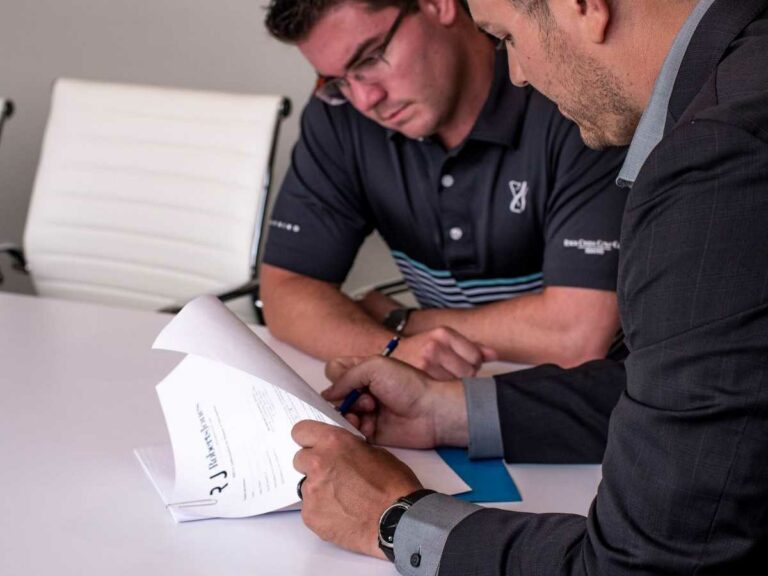Navigating the aftermath of any road accident is complex; however, as a motorcyclist, it is essential to understand your rights. Learning the legal nuances between motorcycle accident claims and car accident legal claims is crucial for those seeking recourse after a traffic accident. At Roberts Jones Law, we recognize the unique challenges motorcyclists and car drivers face in Washington State. In this article, we will delve into the specific legal landscape surrounding motorcycle accidents and explore the differences in laws, injury patterns, fault determination, insurance considerations, and biases against motorcyclists.
The Basics of Motorcycle and Car Accidents Legal Claims

Traffic accident claims generally involve establishing liability, determining damages, and seeking compensation for injuries and property damage. The legal process aims to ensure that the party at fault bears the financial responsibility for the consequences of the accident. In Washington State, negligence plays a central role in traffic accident claims. Proving negligence is critical to your case as a motorcyclist or car driver. This involves demonstrating that a party failed to exercise reasonable care, leading to the accident and resulting injuries. Where driving a motorcycle is rarer than driving a car, there can be some confusion in legal proceedings or with a jury if your case is improperly explained.
Specific Laws and Considerations for Motorcycle Accidents
Getting on a motorcycle means taking a risk; in 80% of motorcycle accidents, the driver is either injured or dies. Therefore, specific laws and considerations have been made in Washington and other states to address the unique characteristics of motorcycles to prevent accidents or lessen the harm they cause. These laws include helmet laws, bike specifications, and safety equipment requirements. Motorcyclists are required to wear helmets, and failure to do so may impact their legal claims in the event of an accident.
Differences in Motorcycle Accident Injury Patterns
Motorcycle accidents often result in more severe injuries compared to car accidents. Deaths in motorcycle accidents are 40 times more likely than in car accidents, and while motorcycles only make up 2% of registered vehicles, they make up 5% of all highway deaths. The lack of protective barriers exposes motorcyclists to a higher risk of injury. Some of these potential injuries can include lacerations and road rash or scrapes from a minor fall, escalating to more significant injuries such as broken bones, internal injuries, or brain damage. Motorcyclists in severe accidents are far more likely to incur spinal or neck injuries, potentially leading to partial or total paralysis. These differences in injury patterns can significantly impact legal claims, influencing the compensation sought for medical expenses, rehabilitation, and pain and suffering.
How Is Fault Determined Differently in Motorcycle vs Car Accident Legal Claims?
Determining fault in motorcycle accidents involves considering the unique dynamics of two-wheeled vehicles. Motorcycles are more maneuverable and can occupy smaller spaces than cars; however, this agility can lead to misconceptions about fault. There is often a bias against motorcyclists, assuming they are at fault due to their perceived ability to navigate traffic more efficiently.
Unfortunately, other biases against motorcyclists can influence legal proceedings. Stereotypes like the common misconception that all operators are reckless risk-takers can affect how fault is assigned. Although cars are the most common cause of motorcycle accidents, overcoming these biases can be challenging and requires strategic legal representation to ensure a fair assessment of the facts and circumstances surrounding the accident.
The Role of Personal Injury Protection and Insurance Coverage

Personal Injury Protection (PIP) is insurance coverage that can be critical to cover medical expenses in car accidents. However, PIP may not be available for motorcyclists like it is for car drivers and does not cover damage to personal property. This difference in insurance coverage can impact the ability to access immediate medical care and compensation for motorcyclists involved in accidents. You must work with an experienced personal injury attorney after an accident to ensure you receive total compensation from any insurance companies.
The Importance of Helmet Laws and Safety Regulations
Helmet laws are not only critical for safety but also impact legal claims in Washington State. Failure to wear a helmet may be used against a motorcyclist in legal proceedings, potentially affecting the determination of fault and the calculation of damages. Safety laws are a matter of personal well-being and a strategic decision in the context of potential legal claims. Adhering to safety regulations, motorcycle specs, and how to operate your vehicle is essential to receiving maximum compensation.
The Complexity of Proving Negligence
Proving negligence is a complex task in any accident involving motorcycles or cars. Gathering evidence, such as witness statements, accident reconstruction, and medical records, becomes paramount. Working with an experienced personal injury attorney, like those at Roberts Jones Law, is essential to navigate the legal intricacies and build a strong negligence case.
Tips for Motorcyclists and Car Drivers: What to Do Legally After an Accident
Regardless of whether you’re on two wheels or four, there are essential steps to take legally after an accident:
1. Seek Medical Attention:
The first thing to do after any accident is to prioritize your health and well-being. Seek medical attention promptly; even if injuries seem minor initially, you could be suffering from shock and not realize the full extent of your condition.
2. Document the Scene:
Take pictures, gather witness information, and document details of the accident. This evidence will be crucial in establishing fault and negotiating maximum compensation.
3. Do Not Admit Fault:
Avoid admitting fault at the scene to anyone, including the authorities, no matter what part you played in the accident. If you accept fault prematurely, it can impact the determination of liability in legal proceedings.
4. Exchange All Information:
Even though a lot is happening at an accident scene, make sure to exchange information. Get contact and insurance details from the other party involved in the accident.
5. Contact Law Enforcement:
Report the accident to law enforcement, ensuring that an official record is created. This can serve as much-needed evidence in legal proceedings.
6. Consult a Personal Injury Attorney:

Schedule an appointment with a personal injury attorney as soon as possible. An attorney can guide you through the legal process, protect your rights, and help you seek fair compensation.
Robert Jones Law: Your Partner in Motorcycle and Car Accident Claims
Whether on two wheels or four, get the legal expertise you need. At Roberts Jones Law, we understand the unique challenges motorcyclists and car drivers face in accidents. Our team of experienced personal injury attorneys is dedicated to providing comprehensive legal support tailored to the specific nuances of each case.
Whether you’re a motorcyclist dealing with biases, a car driver facing complex fault determinations, or an accident victim seeking fair compensation, our expertise is at your disposal. We work tirelessly to ensure our clients receive the legal representation they deserve, addressing the unique legal considerations associated with motorcycle and car accident claims in Washington State. Don’t navigate the complexities of the legal landscape alone—contact Roberts Jones Law for strategic and compassionate legal support today.






